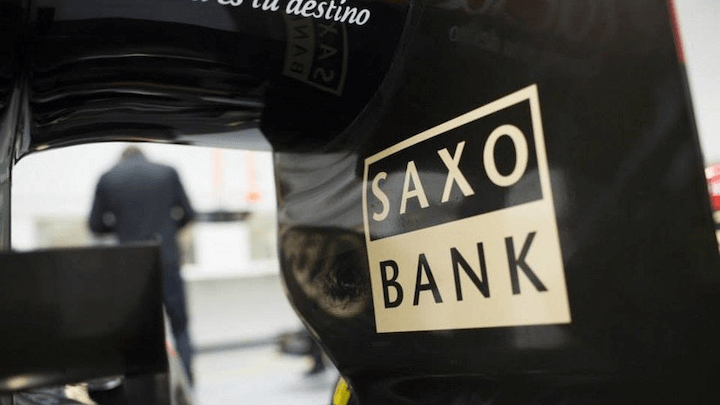
In recent years, cryptocurrencies have captured the attention of investors and financial institutions worldwide. The digital revolution has brought about immense potential, but it also presents significant risks.
Saxo Bank, a financial institution that has previously faced scandals and controversies, finds itself in the spotlight once again as the Danish Financial Supervisory Authority (FSA) orders the bank to liquidate its portfolio of crypto assets.
Let us explore the reasons behind this order and the benefits (or detriments) it brings to the financial ecosystem.
Table of Contents,
A Troubled Past

Saxo Bank’s involvement in previous scandals has cast a shadow over its reputation. It is noteworthy to mention that the bank has faced criticism and legal challenges in the past, raising concerns about its credibility and practices. These controversies have understandably led to questions regarding the motives behind the Danish FSA’s decision to order the liquidation of Saxo Bank’s crypto assets.
The Regulator’s Prudent Move
The primary objective of any financial regulator is to safeguard the interests of investors. Cryptocurrencies, while innovative, operate in a highly volatile and largely unregulated market. Saxo Bank’s portfolio of crypto assets carries inherent risks that could potentially expose investors to significant losses. By ordering the liquidation of these assets, the Danish Financial Regulator demonstrates its commitment to protecting investors from potential financial harm.
Despite Saxo Bank’s questionable track record, it is essential to recognize the Danish FSA’s responsibility to safeguard investor interests and maintain financial stability. The decision to liquidate the bank’s crypto assets is a proactive step towards mitigating potential risks and protecting investors from potential losses. It is crucial to focus on the merits of the regulator’s decision and its alignment with regulatory guidelines rather than solely dwelling on past controversies.
Balancing Trust and Transparency
Maintaining transparency and trust in the financial system is of utmost importance. The Danish FSA must ensure that its decision-making process is transparent, accountable, and free from any potential biases or conflicts of interest. By providing clear justifications for the liquidation order, the regulator can regain and strengthen trust in its actions, mitigating concerns raised by Saxo Bank’s troubled history.
Regulatory Compliance and Supervision
In a rapidly evolving crypto landscape, it is crucial for financial institutions to adhere to regulatory guidelines and maintain robust risk management practices. The Danish Financial Regulator’s decision regarding Saxo Bank emphasizes the importance of regulatory compliance and effective supervision. It sets a precedent for other financial institutions, encouraging them to align their practices with established regulations. By enforcing compliance, the regulator fosters a healthy and sustainable crypto ecosystem that protects both investors and financial institutions from undue risks.
Long-Term Viability of the Crypto Market
While some may interpret this order as an antagonistic stance towards cryptocurrencies, it is, in reality, a move aimed at ensuring the long-term viability of the market. By proactively managing the risks associated with crypto assets, the Danish Financial Regulator creates a solid foundation for sustainable growth. This decision should not be viewed as a rejection of cryptocurrencies but as a prudent step to address existing vulnerabilities. It paves the way for future regulations that can strike a balance between innovation and stability, allowing cryptocurrencies to flourish while safeguarding the interests of investors and the broader financial ecosystem.
Conclusion
The Danish Financial Regulator’s order for Saxo Bank to liquidate its crypto assets should be applauded as a proactive step towards safeguarding investor interests and maintaining financial stability. By prioritizing investor protection, mitigating systemic risks, enforcing regulatory compliance, and enhancing transparency, the regulator demonstrates its commitment to a robust and sustainable crypto ecosystem. As the crypto market continues to evolve, it is crucial for regulators worldwide to adopt similar measures, striking a delicate balance that encourages innovation while ensuring the safety and security of all stakeholders.



